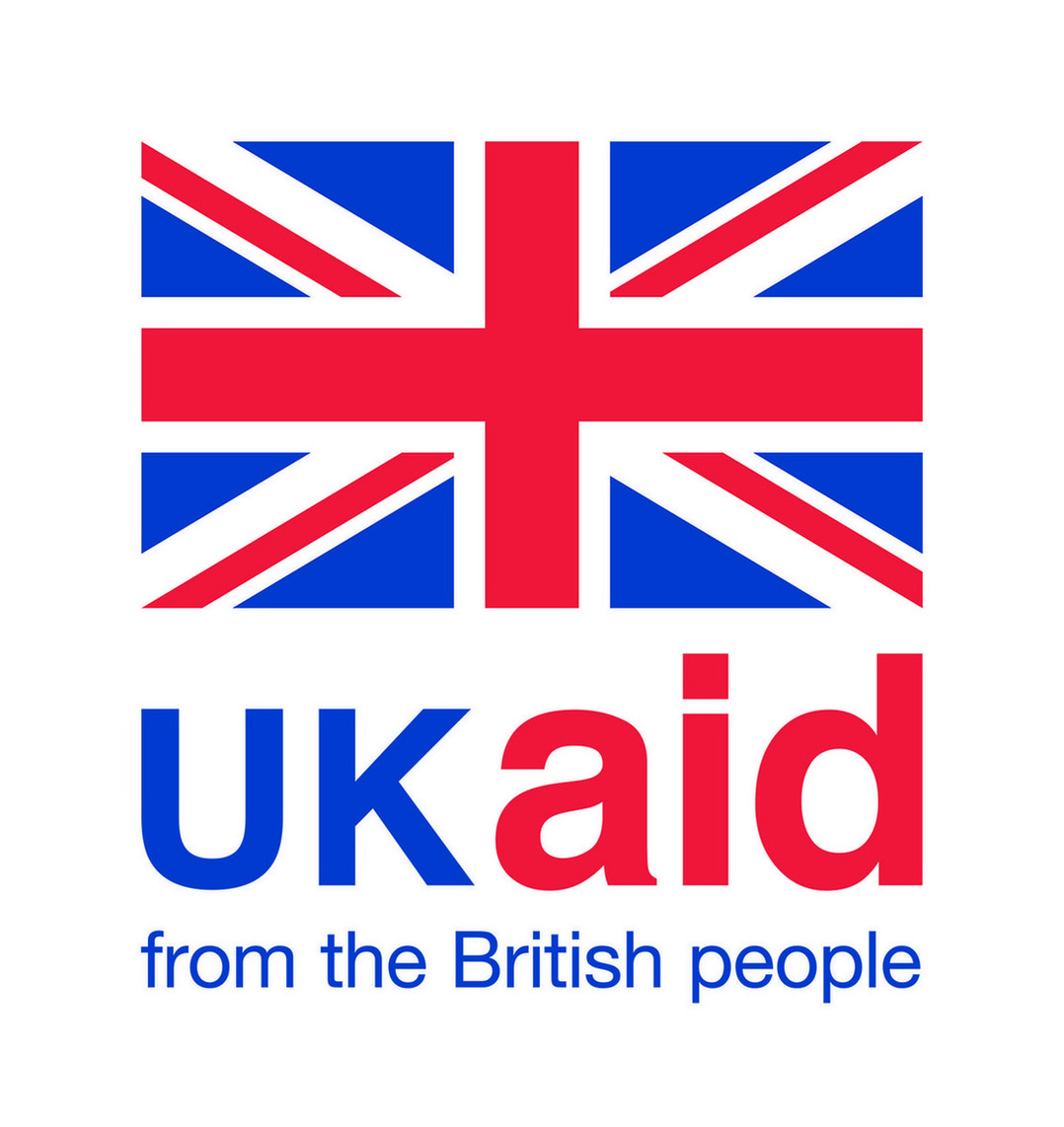Sanitation remains ones of the most complex challenges facing emerging markets, and is compounded by urbanisation, but we see hope in the increased use of mobile technology to unlock and scale new models of sanitation services. For the 2.4 billion people that don’t have basic sanitation services, we can’t trial these models fast enough. And with the change in the SDGs to ‘Improved sanitation’ only recognised through household toilets, rather than community toilets under the MDGs, there’s more opportunities for innovative sanitation models that leverage the growth in mobile network availability and use of mobile phones.
The opening of opportunities for mobile-enabled sanitation service models is apparent from looking at our very first round of Innovation Fund grantees, to our most recently completed grants, and finally to those just awarded. When we began our Innovation Fund in 2013, we specifically did not include grants for mobile-enabled sanitation services in this first phase, as we saw very few ideas actually being trialed. We saw market interest grow by 2015, and supported this spark with grants to Sanergy and Loowatt.
It’s a significant indicator of the growth in these innovations to mark this World Toilet Day with the release of our case studies on the results of their grants, and the kick-off of three more sanitation grants just awarded.
Sanergy: Exploring the use of mobile-enabled sensors to optimise sanitation waste collection in Kenya
Sanergy and SweetSense installed GSM and RFID enabled infrared sensors to record Fresh Life Toilet activity and estimate fill levels. Waste collectors and Fresh-Life Toilet Operators were able to use the sensors as well to record servicing events and request assistance by swiping RFID tags. A mobile app was also developed to capture waste weight data.
Key results and insights from the Sanergy grant include:
- A digital method of instant communication between fresh-life toilet operators and Sanergy operational staff was hugely valuable for saving time;
- Initial hardware costs are only a fraction of overall costs as sensor operation and maintenance costs also have to be considered when implementing a new sensor system; and
- Sensors can be particularly useful to learn about operations and customers, rather than as a permanent tool for usage monitoring on all toilets.
Loowatt: Using mobile tools to support the provision of urban sanitation services in Madagascar
Loowatt, in partnership with Airtel Madagascar, used mobile technology to support the service and maintenance of 100 waterless household toilets. Customers used mobile money to pay for collection services and SMS to schedule collections and maintenance. Loowatt personnel used the mobile app and web platform to manage operations and track waste from households to the treatment facility.
Key results and insights from the Loowatt grant include:
- The mobile app demonstrated tremendous value for scaling decentralised sanitation models by providing improved data visibility and transparency to enable real-time tracking of waste collection, transport and safe disposal;
- With usage of mobile money for payments peaking at just under one-third of customers, it was clear that driving mobile money adoption for a new service requires a constant push and creative incentives; and
- Loowatt recognises that the value of investing in such a mobile tool is multiplied through coordination with other sanitation providers that offer container-based sanitation solutions and they are looking at collaborative scaling opportunities (for more on this, take a look at our blog on their World Water Week session).
Three new sanitation grantees announced:
In 2017, only halfway through awarding grantees in this phase, three grantees have been selected to scale or pilot a new set of innovative mobile-enabled sanitation service models. This is reflective of the larger pool of sanitation applications received in 2017 (62), compared to 2015 (21). These grants represent an increased level of sophistication in mobile for sanitation services, and excitingly, some include the involvement of municipalities – a very important component for leading these public organisations through a gateway to increased use of mobile tools.
Svadha – is a social business in India building better rural sanitation markets through aggregation and innovation of quality sanitation products and services which are delivered through an army of entrepreneurs and facilitated by ICT. Mobile for Development (M4D) Utilities is excited to learn about Svadha’s use of a mobile app for SaniMark, a platform for ecommerce and customised, data-driven business support for sanitation entrepreneurs.
Kampala Capital City Authority – KCCA, as a municipality, is a unique grantee in our cohort that will be scaling a previously piloted platform that connects pit emptying entrepreneurs with customers and tracks the delivery of services. The platform includes a call centre, GIS tracking application and customer payments via mobile money. KCCA hopes to also use these tools as part of its programme to professionalise and license fecal sludge service providers, which often operate informally. Similar pilots have been trialed elsewhere, and this grant is a key opportunity to test its scalability and broader impact.
Practical Action – In partnership with Robi Axiata Ltd, Practical Action will launch a mobile based utility services platform. Municipalities will use the mobile platform to receive, track, and fulfil requests from residents for water and sanitation related utility services. Similar to KCCA, customers will pay contracted entrepreneurs via Robi Cash, thereby speeding up the delivery of services that might otherwise be delayed until payment is received. This grant is an opportunity to showcase how MNOs can be strategic partners for enabling municipalities to provide better water and sanitation services to their residents.
Main image provided courtesy of Sanergy.
This initiative is currently funded by the UK Department for International Development (DFID), and supported by the GSMA and its members.



